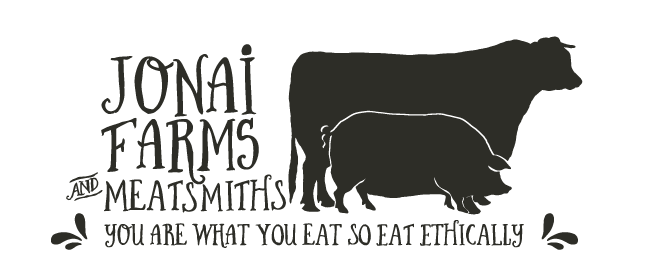At a spectacular nose-to-tail feast hosted here on the farm in partnership with Pig & Earth Farm, Bar Merenda, and La Pinta on Monday 3 June 2024, with loads of support from other farmers, chefs, CSA members, and generally excellent humans, we raised $16,200. The raffle and dinner brought together 15 farms, 16 makers, 10 restaurants, 3 retailers, and a tourism operator, who pooled our collective efforts with a healthy dose of ‘here’s something I prepared earlier’ to deliver an epic prize pool for the raffle, raising a further $39,500!
As people who have dedicated our lives to food sovereignty and agroecology (Tammi has been president of the Australian Food Sovereignty Alliance (AFSA) for ten years, donating half her time to advocating for everyone’s right to participate in food and agriculture systems), we share everything and practice radical transparency about both our successes and our failures (check out the farm blog for those stories). We have been sharing our documentation in ad hoc ways with other farmers for years, and now are collating them here for anyone to access.
The Meat Collective @ Jonai will serve not only us, but also several other local farms with whom we are in relations, and operate as a not-for-profit solidarity economy on degrowth principles. We are strongly guided by ethics of fairness – central to which is a notion of ‘enoughness’. We talk about each of us receiving and giving mutual aid ‘commensurate with need and capacity’. If sustainability is dealing justly with future generations, it must obviously start NOW with current generations in our dealings with the human and more-than-human world.
In practice, what that means for the abattoir is that fees will be democratically set by all farmer members of the collective to cover costs of operation (energy, compliance, consumables, etc) and ensure all meatsmiths earn a decent livelihood. Critically, no surplus value will be extracted from the system - there are no ‘investors’ and no financial returns beyond the wages earned by those of us doing the labour. The returns are so much more than money, and include beneficial environmental custodianship, highest animal welfare outcomes, and farmer autonomy and well being.
While fundraising for our micro-abattoir to enable the livelihoods of local farmers here in the southern highlands of Djaara Country, we are busy supporting other communities to do the same in communities across Australia, while AFSA is advocating for legislative reform to make it easier to build and operate slaughter facilities such as ours - what Tammi calls the ‘intrinsic infrastructure of agroecology’. You can read about AFSA’s proposed reforms to the Victorian Planning Provisions here.
You can find our successful development applications for both the pig farm and the abattoir on the website, with associated materials such as our environmental management plan (EMP). These documents took a lot of time and knowledge, and some call this Intellectual Property (IP) - but we think protecting that from others’ use or charging a fortune for it is a major barrier to democratic participation and equitable distribution of resources, except in the case of Indigenous Peoples protecting their traditional and cultural knowledge and genetic resources from exploitation by colonial capitalist powers.
Providing financial support for us to build the micro-abattoir will further enable our efforts to radically transform the food system from the ground up. And if you are not in a position to offer any cash to the project, we are grateful for any way you can help spread the word, both for the success of the Meat Collective @ Jonai, and to see more meat collectives emerge across Australia!
For those following the Jonai story since way back when we began in 2011, and our first crowdfunding successes in 2013 and 2014, you will know we are strongly avoidant of debt, and we encourage other communities to look to this model of working collaboratively, spreading the load amongst many, to raise the funds needed to (re)build the intrinsic infrastructure of agroecology.
